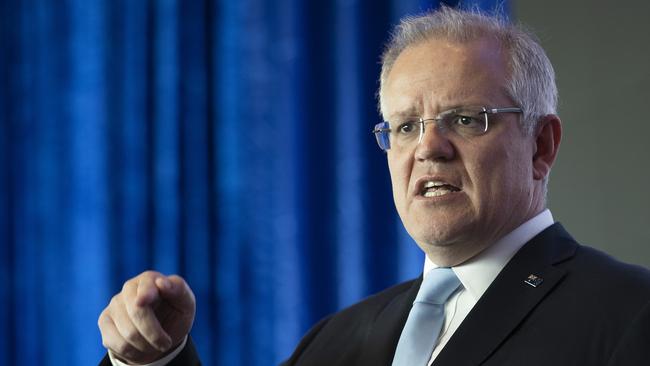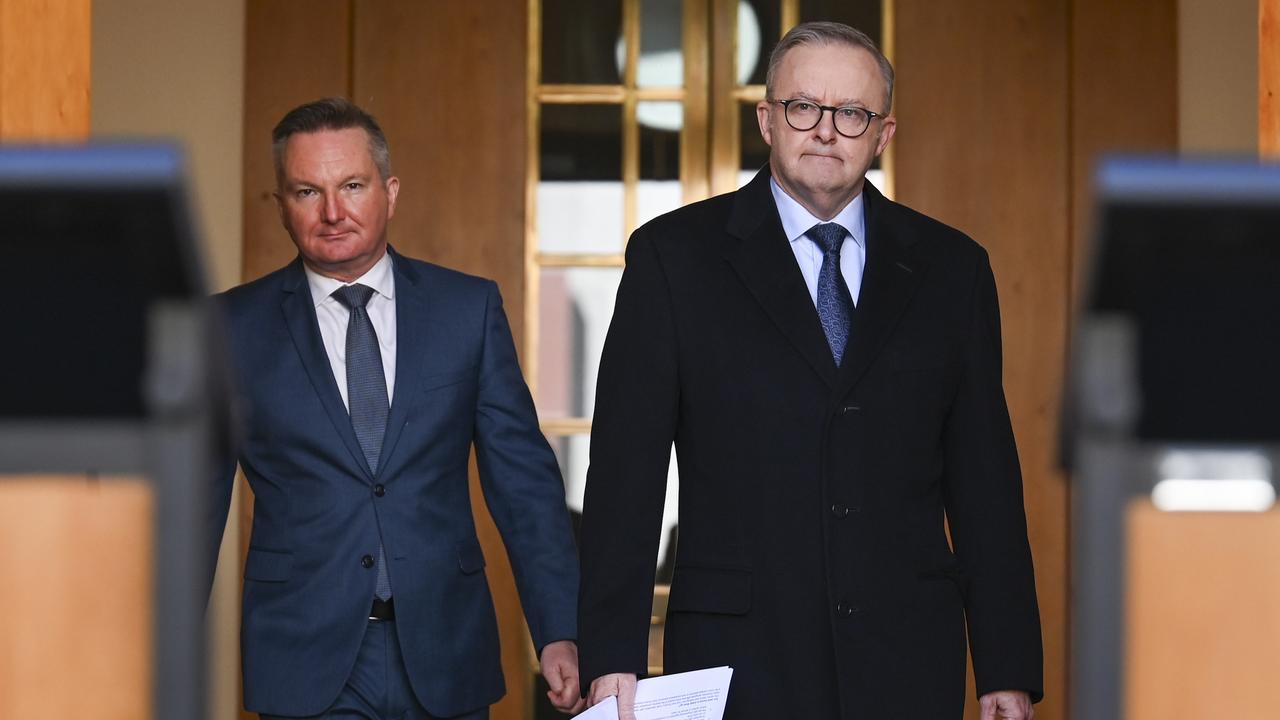
Since its establishment in 1944, the Liberal Party has held office longer than any federal party. It has occupied national government for the longest continuous period, from 1949 to 1972, a record 23 years. And it has held office for lengthy periods in state government.
The principal founder, Robert Menzies, was Australia’s longest serving prime minister (1949 to 1966) and the party also boasts the second longest serving prime minister, John Howard (1996 to 2007). The party has produced many other important figures in state and federal politics.
It has made a significant contribution to Australia’s economy, society and foreign policy. Although not without mistakes and misjudgments — like all parties — the Liberals can claim to have laid some of the building blocks of modern Australia in areas such as school and university education, immigration, housing and social services, establishing key trade and investment partnerships, and formalising Australia’s principal security relationship with the US.
The party has not often commemorated its history. The 25th anniversary in 1969 took place in a fog of nostalgia as John Gorton’s government faltered, suffering a huge 7.1 per cent two-party swing against it at the October election. He became the first Liberal leader to face a leadership challenge.
The 50th anniversary in 1994 followed five election losses in a row. Some speculated if the party might be over. Academic Judith Brett wrote that the party might not live to see its centenary. “The fundamental flaw of the Liberal Party’s organisation is the power it invests in its leader,” she argued. “If only they could find another Menzies!”
Step forward, Howard. Within a few months of Brett’s appraisal, he returned to the leadership and within 18 months led the party back to power. Howard was the new Menzies. Brett misunderstood that one of the party’s strengths was the authority it invested in its leader.
The recuperative power of political parties often has been underestimated. When Scott Morrison became Prime Minister, I wrote that it would be an error to put the party on a death watch. Morrison, like the party he leads, should not be underestimated. The Liberal Party has been through many crises but always rebounded.
The Liberals are accustomed to honouring Menzies and Howard, as they should, but there is little remembrance of Harold Holt, Gorton — who resigned from the party — or Billy McMahon. When Malcolm Fraser died, long after he had also left the party and was a persistent detractor, the tributes were less than full-hearted. John Hewson also has become a latter-day critic. This has made celebrating leaders somewhat difficult.
In his retirement, Menzies also became disillusioned and did not vote Liberal at the 1972 and quite possibly the 1969 and 1974 elections, opting instead for the Democratic Labour Party. None of this serves the party’s historical memory.
The 75th anniversary provides an opportunity to revisit the Liberal Party’s history and to draw lessons for the future.
The party’s most recent period in government has been marked by disunity, dysfunction and disappointment. Two prime ministers, Tony Abbott and Malcolm Turnbull, were felled. As my recent interviews with Abbott and Turnbull have shown, their bitterness towards each other has not abated.
The centre-right vote has fragmented and some once rusted-on supporters have splintered to minor parties that offer more pure conservative or libertarian views, or are a vehicle for populist protest. The Liberal primary vote decreased at the last election. One Nation, while almost always underperforming, remains a threat on the party’s right flank.
The party’s ideological moorings — whether conservative, liberal or a blend of both — remain contested. The need for a compelling statement of “political faith”, as Menzies termed it, is something every leader needs to communicate. It is essential for articulating purpose and vision. Managing internal differences over philosophy requires clever political management skills.
The party’s structure, organisation and membership need rejuvenating. Membership has fallen sharply since the party’s early years. Howard, Abbott and Turnbull told me that party members are no longer representative of the electorate and there is a need to field candidates with a greater diversity of life experiences.
The Liberal Party gives considerable latitude to its leaders to determine strategy, develop policy and appoint its frontbench. There is a premium on leadership and leaders are ultimately judged by how well they compare to Menzies’ skills in providing philosophical cohesion and internal unity coupled with electoral success.
It is unlikely anyone other than Morrison could have led the party to victory in May. He now has the opportunity to see his name next to Menzies, Fraser and Howard as standout Liberal leaders during the past 75 years.
But it will require a clearer projection of the party’s values and purpose, a compelling vision for Australia’s future, careful management of internal divisions, improving the party’s organisation and candidate recruitment, and continued electoral success. The odds, at this stage, are in his favour.




The 75th anniversary of the formation of the Liberal Party of Australia is an event of major historical importance. Yet, unsurprisingly, it largely has been overlooked by other media, the academy and the party itself.